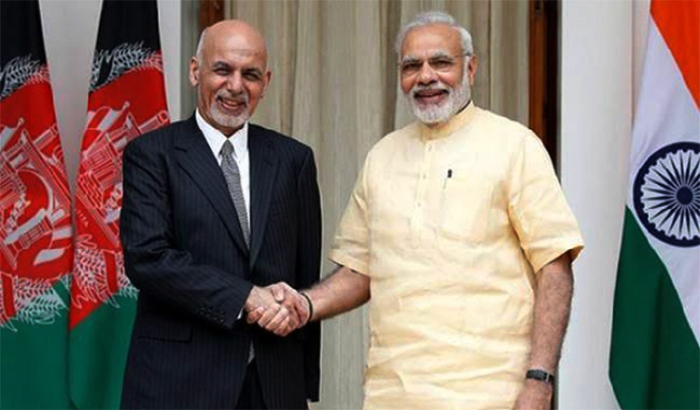New Delhi, Oct 9: The Gujarat high court is likely to pronounce its verdict on a set of appeals challenging convictions and acquittals by a Special Investigation Team court in the 2002 Godhra train burning case on Monday, more than two years after the completion of hearings on the matter.
The judgement will be delivered by a bench of justice Anant Dave and justice GR Udhwani at about 11am.
Here’s all you need to know about the case:
Train set on fire
A coach of the Sabarmati Express was set on fire at Godhra on February 27, 2002. The blaze in S6 coach killed 59 Hindus, mostly karsevaks or volunteers returning from Ayodhya, where rival Hindu and Muslim groups are locked in a decades-old dispute over a religious site.
The train fire sparked three days of reprisal attacks across the state that left 790 Muslims and 254 Hindus dead, official sources say. And as many as 100,000 Muslims and 40,000 Hindus were rendered homeless in the riots. About 130 are still reported missing.
Probe into the carnage
The Nanavati Commission, appointed by the Gujarat government to probe the incident, concluded that the fire in the coach was not an accident but it was set on fire. The Sangh Parivar claimed the train fire was targeted at the Hindus, who were returning to Ayodhya after a pilgrimage.
A damning report of Mohinder Singh Dahiya, the then assistant director of Gandhinagar’s Forensic Studies Laboratory (FSL), concluded that the coach was set afire by someone “standing in the passage of the compartment near seat number 72, using a container with a wide opening about 60 litres of inflammable liquid has been poured and then a fire has been started in the bogie”.
The accused
The special SIT court on March 1, 2011, convicted 31 people and acquitted 63 in the case. While 11 people were sentenced to death, 20 were handed out life imprisonment.
The court convicted 31 people while accepting the prosecution’s contention that there was a conspiracy behind the incident.
All the 31 were convicted under various sections of the Indian Penal Code related to murder, attempt to murder and criminal conspiracy. Those acquitted included prime accused Maulana Umarji, the then president of Godhra municipality Mohammad Hussain Kalota, Mohammad Ansari and Nanumiya Chaudhary of Gangapur, Uttar Pradesh.
Later, several appeals were filed in the high court challenging the convictions, while the Gujarat government questioned the acquittal of the 63 people.
The 2002 Gujarat riots
There were SIT probes into the involvement of several political leaders, including Prime Minister Narendra Modi - who was then the Gujarat chief minister - for criminal conspiracy in the riots. Modi and others were cleared after the SIT filed a closure report on February 8, 2012.
Maya Kodnani, the women and child welfare minister in the then Modi government in Gujarat, was sentenced to life in prison for a separate case of rioting in Ahmedabad’s Naroda Patiya area, a verdict she has challenged. She has been on bail since 2014.







Comments
When court is controlling by sangh parivar then what verdict we can expect ?? All verdict will be in favor of sangh parivar.
Add new comment